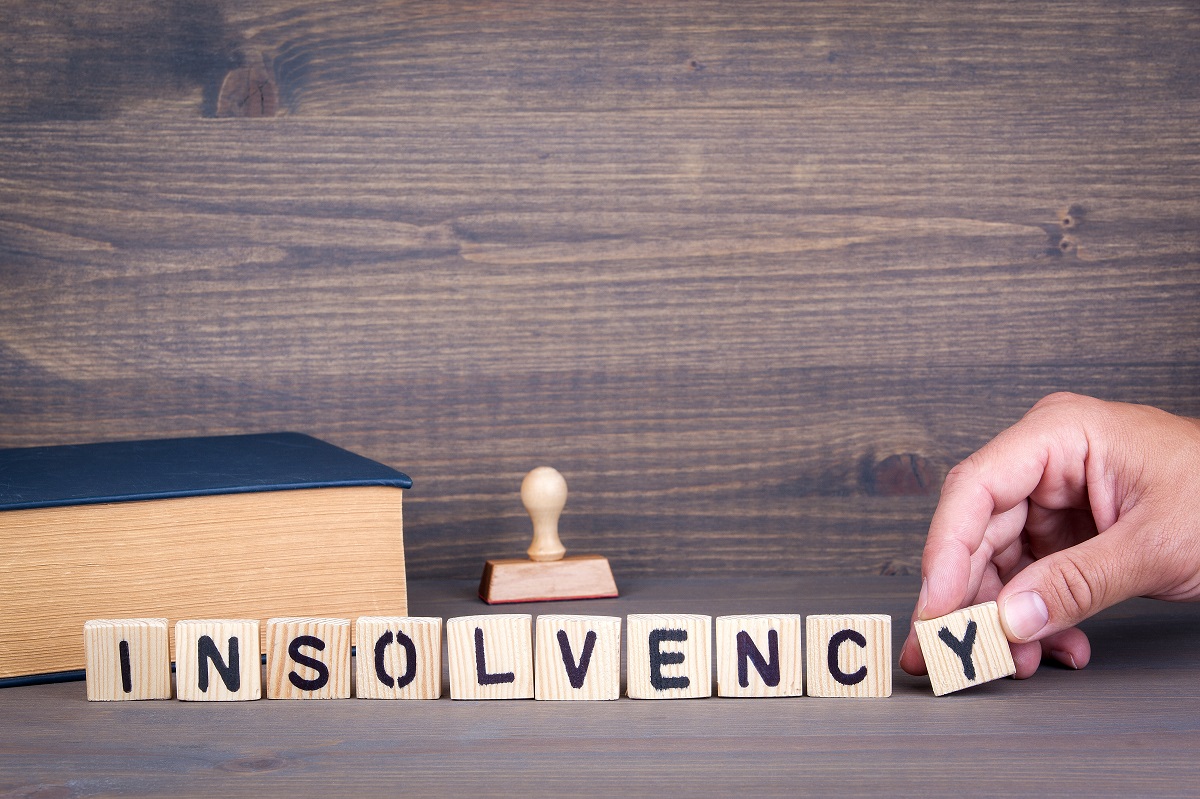Unknown Facts About Insolvency Practitioner
Unknown Facts About Insolvency Practitioner
Blog Article
Some Ideas on Insolvency Practitioner You Need To Know
Table of ContentsThe Basic Principles Of Insolvency Practitioner The Best Strategy To Use For Insolvency PractitionerThe smart Trick of Insolvency Practitioner That Nobody is Talking AboutWhat Does Insolvency Practitioner Mean?Insolvency Practitioner Can Be Fun For Everyone
Whether you need to utilize a bankruptcy expert (IP) to liquidate your company relies on various factors. While engaging a bankruptcy expert for all types of liquidation is not a legal requirement, doing so can frequently enhance the procedure and make sure conformity with legal requirements. Liquidating a company is a vital decision that features substantial effects.
It is a procedure used when a firm does not have any kind of financial institutions, or all of their financial institutions can be settled completely with statutory rate of interest. Comprehending the various kinds of insolvency procedures can help you determine the ideal strategy for your business's liquidation or other official insolvency treatments itself.
This is required in order to adhere to lawful needs - Insolvency Practitioner. This is because IPs have the needed certifications and experience to make certain that the liquidation procedure is conducted according to all applicable legislations and policies. By involving an accredited insolvency specialist, you can have satisfaction recognizing that your business's liquidation procedure will certainly be dealt with expertly and in conformity with the relevant legal demands
Insolvency Practitioner Fundamentals Explained
The insolvency expert is selected as a liquidator and is in charge of handling the company and liquidator's debts superior liabilities and possessions. This process includes marketing off the firm's assets and distributing the profits to financial institutions. Upon conclusion of the process, the company is eliminated from the register at Business Residence.
Falling short to do so can lead to individual responsibility for the firm or supervisor for the creditor's debts. Voluntary liquidation, which includes Financial institutions' Voluntary Liquidation (CVL) and Participants' Volunteer Liquidation (MVL), is started by the firm's supervisors and investors when they can no longer pay their debts. In a CVL, the insolvency specialist is designated as the liquidator, in charge of managing company financial obligations and all company properties.

The Main Principles Of Insolvency Practitioner
By assessing the knowledge and experience of potential insolvency specialists, you can make certain that you choose a specialist that possesses the essential certifications to manage your firm's Read More Here liquidation process properly. While insolvency practitioner-led liquidation is usually the most ideal strategy for firms dealing with bankruptcy, there are alternative approaches to consider, such as striking off and partial liquidation.
It's vital to evaluate all available choices prior to selecting the next ideal solution or program of activity for your organization. Striking off business' registers is a much more simple and affordable way to shut inactive or tiny firms without any debts or possessions. To strike off a firm, its name is removed from the Business Home register by submitting form DS01.
Prior to selecting striking off, it's essential to evaluate the benefits and disadvantages of this technique and consider whether it's the appropriate option for your service. Partial liquidation is one more option to insolvency practitioner-led liquidation, where a business sells off particular assets and obligations while remaining to run with the staying assets and responsibilities.
An Insolvency Practitioner will certainly be able to suggest you of the very best training course of activity to take and ensure that everything runs efficiently. It is not possible to liquidate a firm without a liquidator. Selecting an authorised bankruptcy specialist is needed for the wikipedia reference procedure of volunteer liquidation to start.
Things about Insolvency Practitioner
It is possible to close and liquidate your business without using a liquidator, provided your business is solvent and you meet the eligibility needs to dissolve or liquidate it. However, if your firm is insolvent, you might be needed to use a liquidator and begin formal insolvency treatments. Below are a few other interesting write-ups pertaining to company liquidation in the UK:.
Remaining in a position where you're incapable to pay your business's financial institutions is incredibly stressful. In an attempt to stay clear of increasing the degree of financial obligation, lots of companies attempt to work out straight with their financial institutions and accept a casual arrangement. If the financial obligation is fairly small and owed to one financial institution, and the creditor is being cooperative, participating in an informal financial obligation setup is probably the most effective service, instead than browsing the internet for 'a bankruptcy practitioner near me'.
On the other hand, if there are numerous creditors and the level of financial obligation is huge, financial institutions might not be so prepared or participating. To avoid liquidation or bankruptcy, it is much better to hire an insolvency specialist to draw up formal propositions and bargain with creditors on your behalf.
Insolvency Practitioner for Beginners
Whilst it is a way to manage debt, there are significant risks involved with this kind of financial debt plan - Insolvency Practitioner. If a lender agrees to become part of a casual plan (IA) whereby the borrower has consented to make regular, if lower, settlements to pay back the financial obligation, it is necessary to stay with the agreement

The financial institution is within their civil liberties to back out of the contract and petition the courts for your firm to be liquidated at any time. An official setup that has been recommended by an insolvency specialist on your behalf, and concurred by a creditor, gives a much more secure alternative.
Report this page